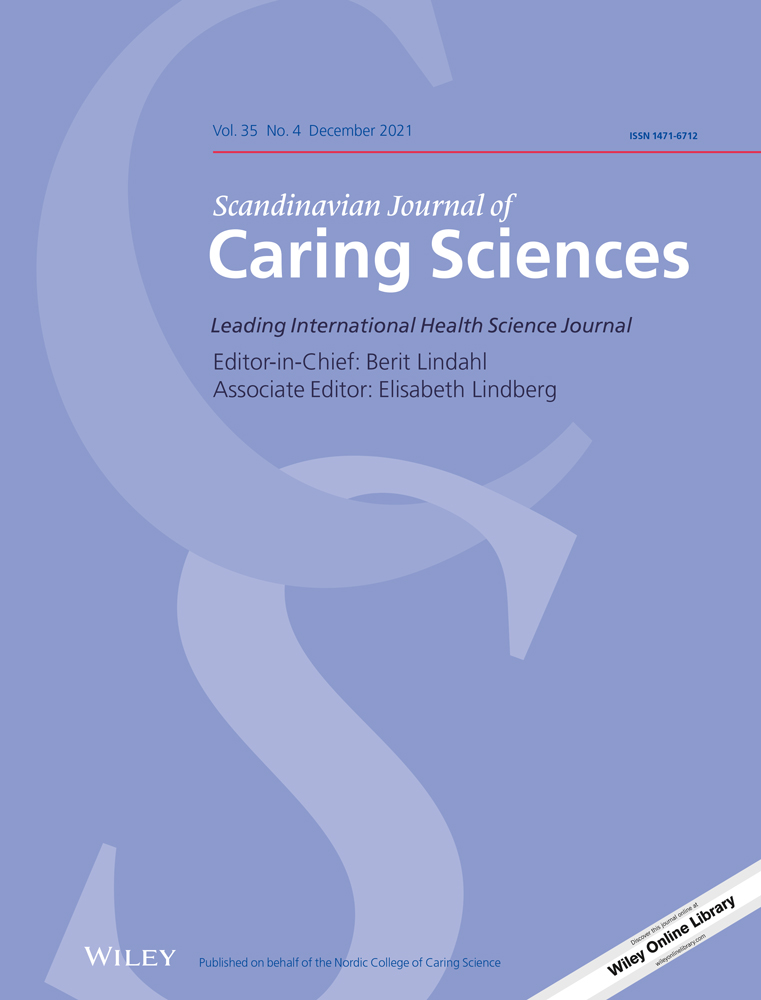Caregiving adult children’s perceptions of challenges relating to the end of life of their centenarian parents
[Correction added on 12 January 2021, after first online publication: Projekt DEAL funding statement has been added.]
Abstract
Background
The number of centenarians in Europe is increasing; many face health impairments. Adult children often play a key role in their care, but there is a lack of research into what it means for these caregiving relatives to be confronted for many years with their parents’ end of life (EOL), dying and death as well as their own advancing age.
Aim
This study aims to analyse the challenges of caregiving adult children regarding their parents’ end of life and the related burdens and barriers they report.
Material and Methods
Semi-structured interviews were conducted with 13 caregivers following a theory-based and tested guideline. The computer-aided coding and evaluation followed the structured content analysis approach.
Results
The analysis showed three main themes: 'Confronting EOL', 'Communicating about death and dying' and 'Assisting in the terminal phase'. The respondents commented on burdensome demands and concerns about the future. Further, a strong underlying presence of intra- and interpersonal conflicts relating to EOL became apparent.
Discussion
The results indicate several potential burdens for centenarians’ caregiving offspring. They are confronted with a double challenge resulting from the combination of their own advanced age and experiencing the burdens of their parents’ very old age. Further, some participants struggled with their own unclear perspective on the future because of the relative but unclear proximity of the parent’s death. Multiple conflicts and overlapping conflict dimensions emphasise the potential of the EOL topic to influence the well-being of family caregivers and care recipients.
Limitations
The convenience sample used for the study may cause limitations, for example, the fact that persons with a formally lower educational status are not represented.
Conclusion
The findings suggest that interventions designed for family-related care situations should include topics like 'Finiteness and grief', 'Communicating about dying and death' and 'Decisions and dispositions at EOL'.
Conflict of interests
We have no conflict of interests to disclose.




